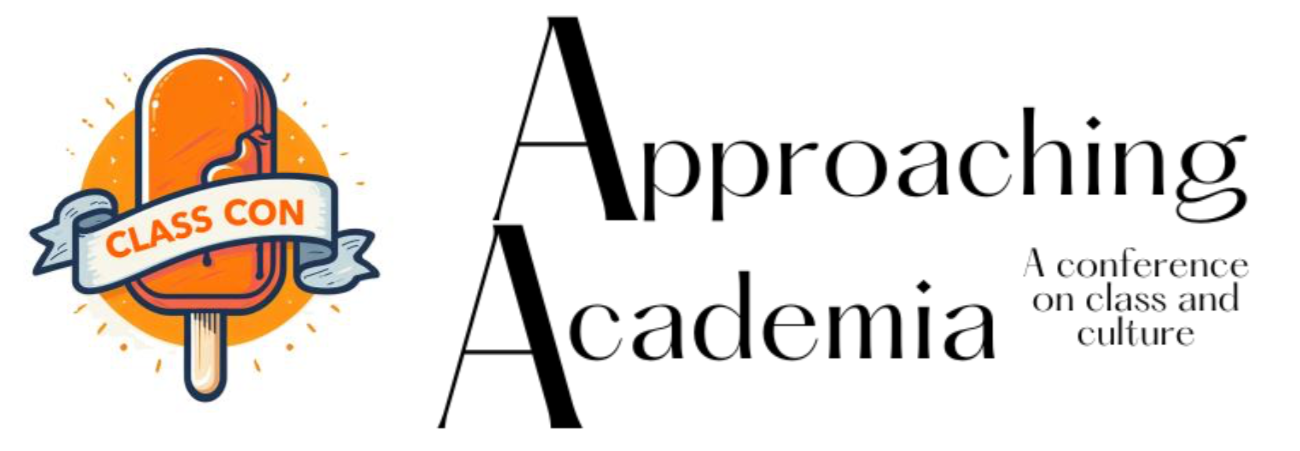Uncle Sam Goes to Hollywood: Culture Industries and Capitalist Imperialism in the American Century 1941-2020
Start Date
16-3-2024 5:15 PM
End Date
16-3-2024 6:00 PM
Description
The US has been the primary enforcer of global capitalist order since 1945 while also building the world’s premier culture industry. Frankfurt school scholars such as Adorno and Horkheimer explained the class character of the domestic US culture industry lulling working people into passivity and reproducing capitalist hegemony, yet they did not seriously grapple with the role of global imperialism in such culture industries. This presentation asks, how have US cultural industries been influenced by the US’s global imperialist infrastructure, and how have these relationships evolved since 1945?
Since the end of World War II, the US built and operated a globalized security state where the need for constant vigilance and action against a shadowy, omnipresent enemy justified perpetual crisis and exceptions to democracy and rule of law. This security state actively involved itself in the culture industry. The CIA spent many millions of dollars on Cold War cultural front groups and projects, becoming the closest thing the US had to a ministry of culture. American Studies as an institutionalized discipline was established with the help of money from CIA front-foundations, and founding figures such as Norman Holmes Pearson used American Studies at Yale to recruit intelligence agents. The Department of Defense and CIA influenced the creation of over 2000 tv show episodes and films, including some of the most famous hits in Hollywood history.
Uncle Sam Goes to Hollywood: Culture Industries and Capitalist Imperialism in the American Century 1941-2020
The US has been the primary enforcer of global capitalist order since 1945 while also building the world’s premier culture industry. Frankfurt school scholars such as Adorno and Horkheimer explained the class character of the domestic US culture industry lulling working people into passivity and reproducing capitalist hegemony, yet they did not seriously grapple with the role of global imperialism in such culture industries. This presentation asks, how have US cultural industries been influenced by the US’s global imperialist infrastructure, and how have these relationships evolved since 1945?
Since the end of World War II, the US built and operated a globalized security state where the need for constant vigilance and action against a shadowy, omnipresent enemy justified perpetual crisis and exceptions to democracy and rule of law. This security state actively involved itself in the culture industry. The CIA spent many millions of dollars on Cold War cultural front groups and projects, becoming the closest thing the US had to a ministry of culture. American Studies as an institutionalized discipline was established with the help of money from CIA front-foundations, and founding figures such as Norman Holmes Pearson used American Studies at Yale to recruit intelligence agents. The Department of Defense and CIA influenced the creation of over 2000 tv show episodes and films, including some of the most famous hits in Hollywood history.


